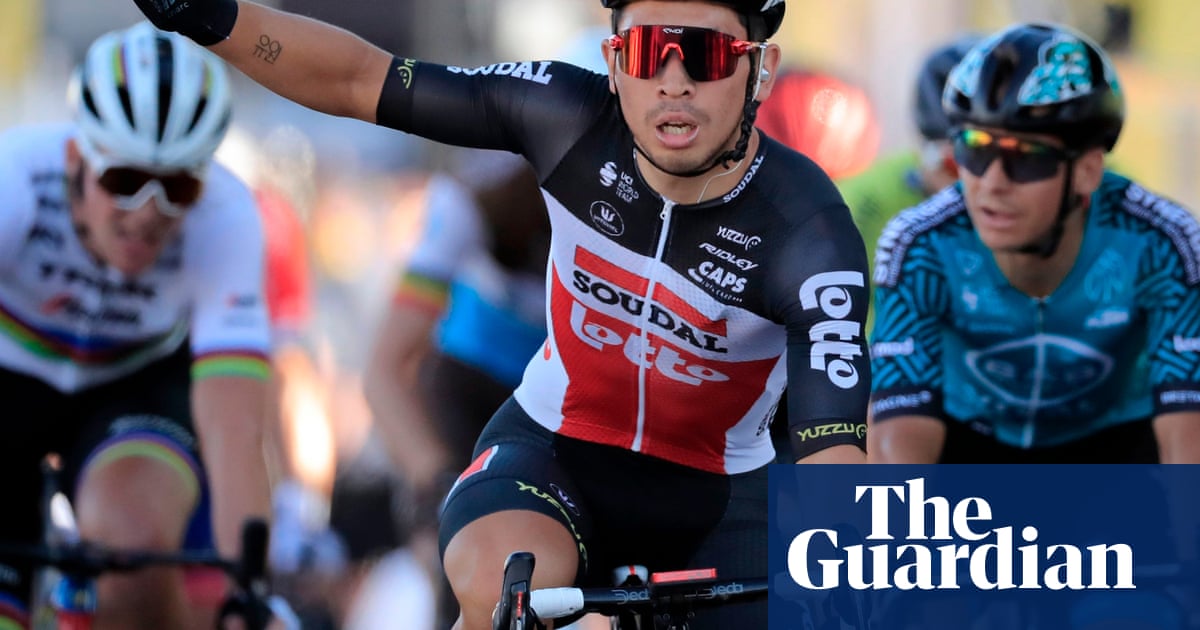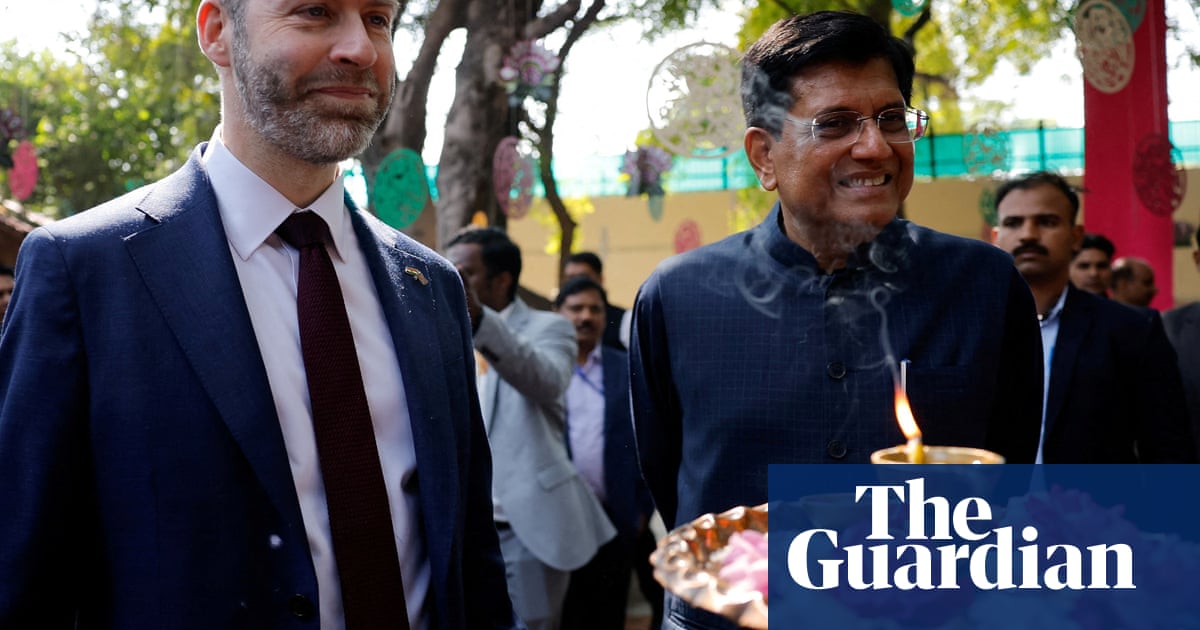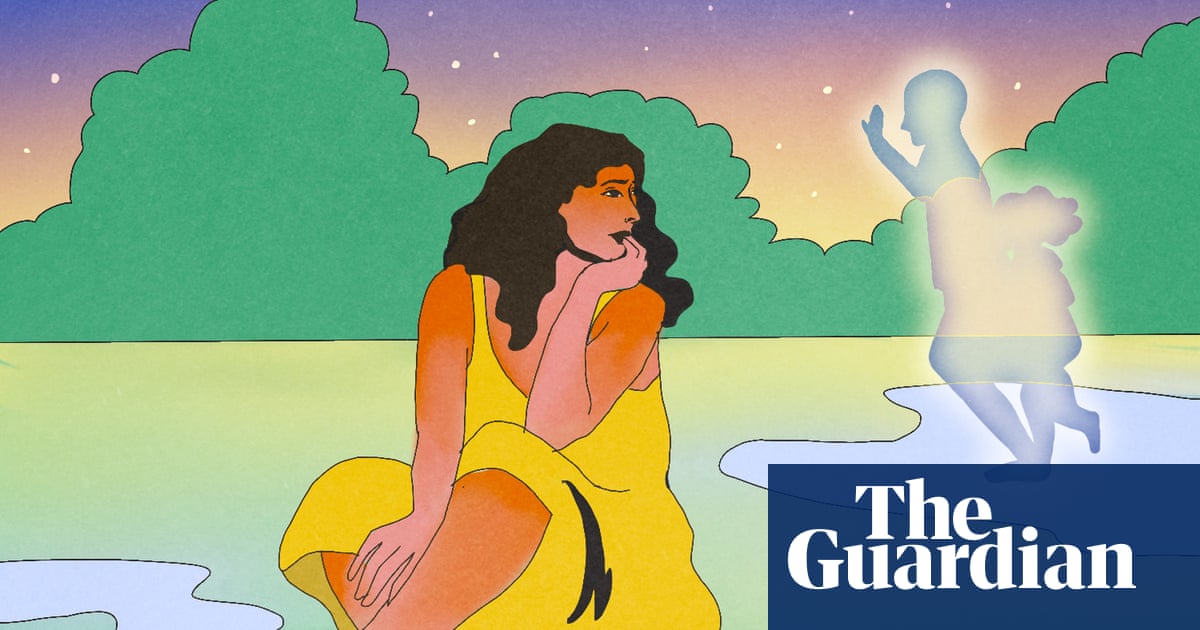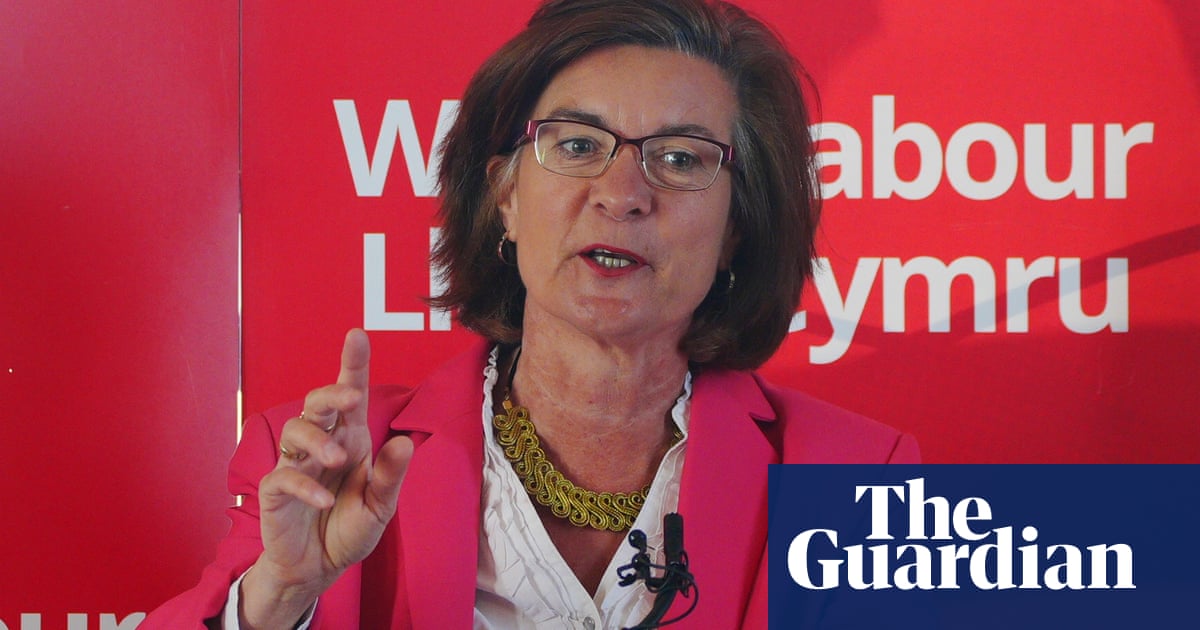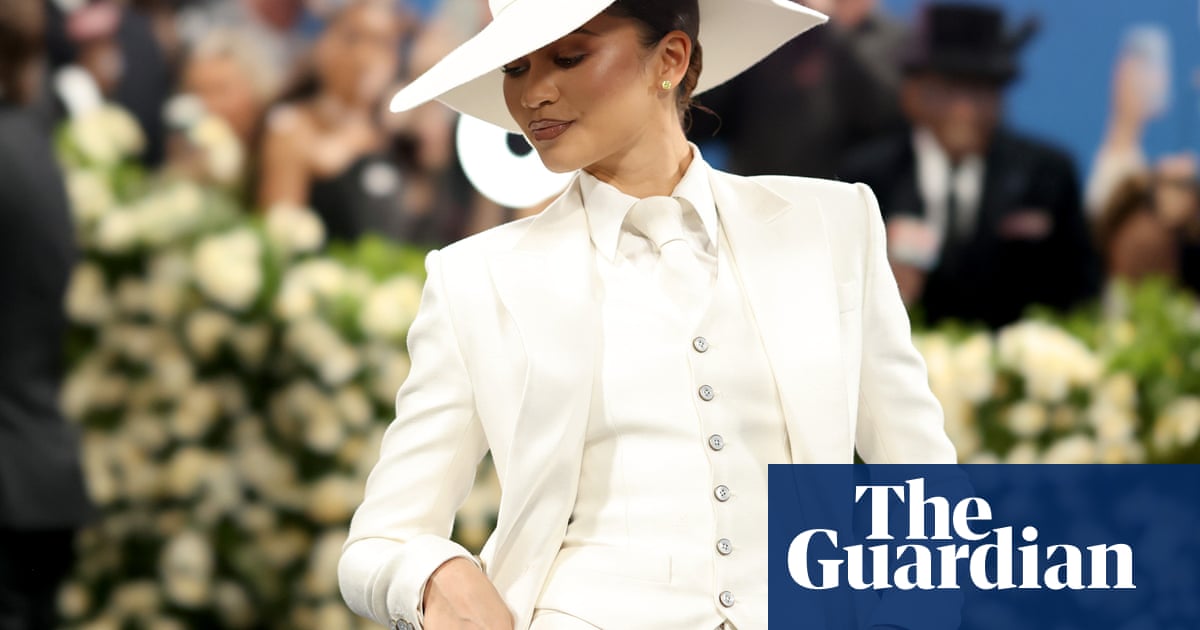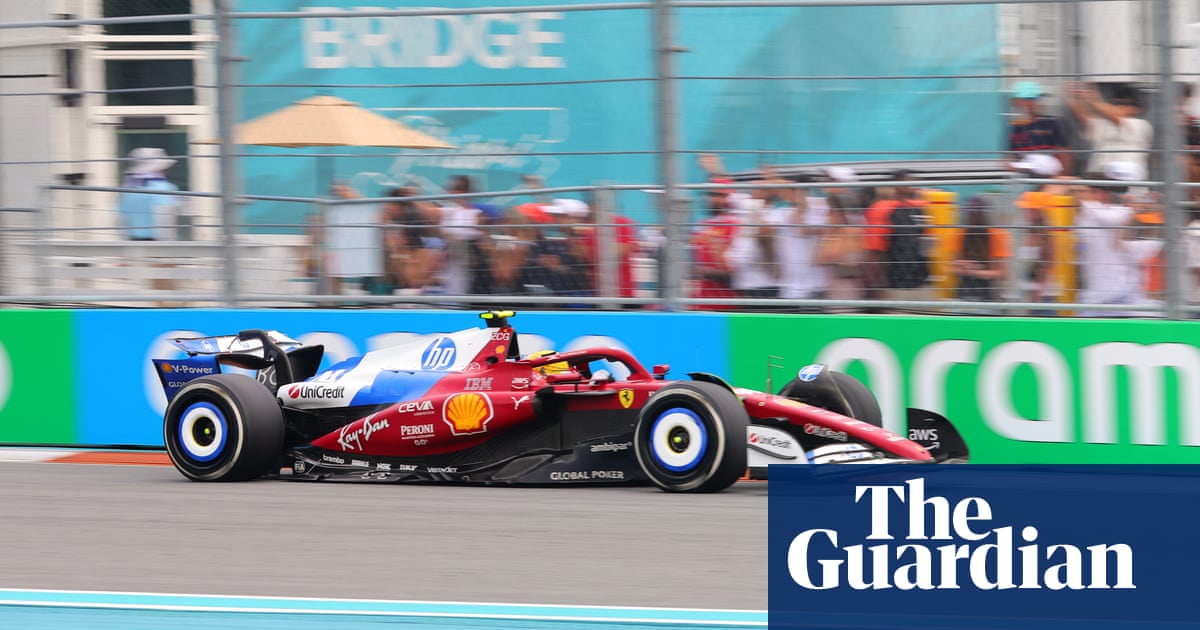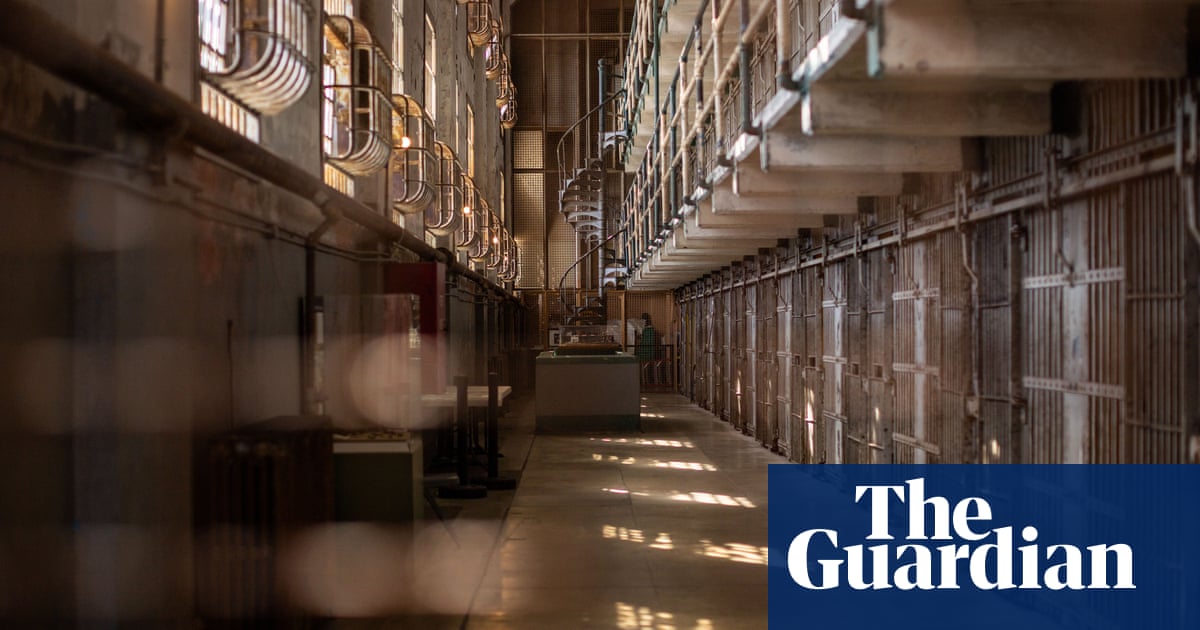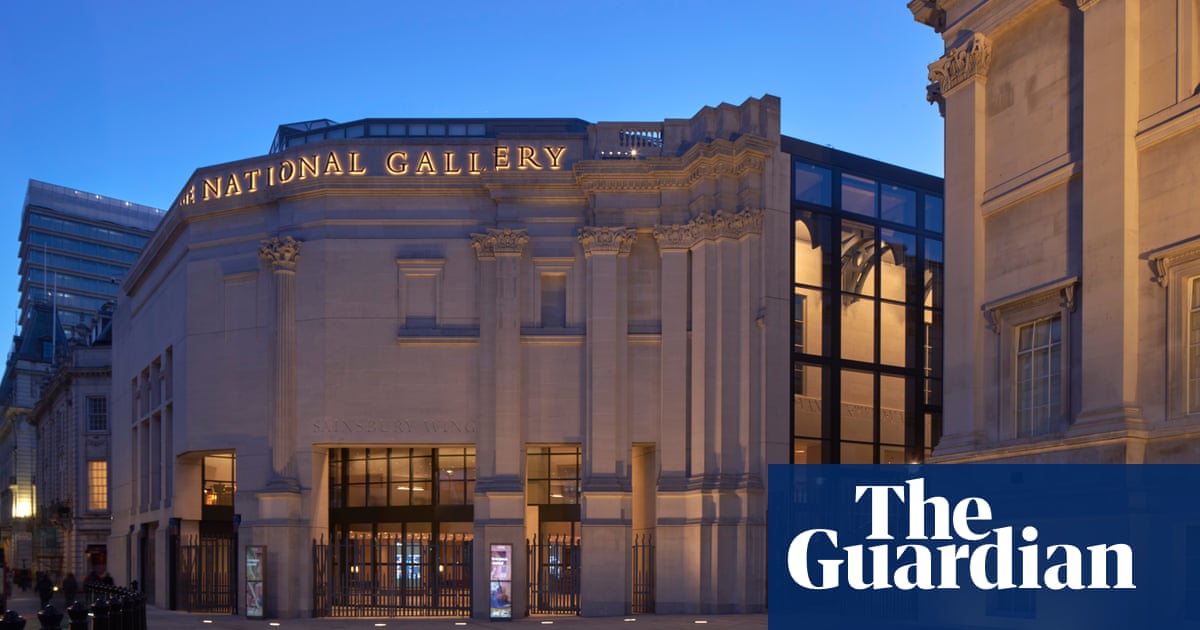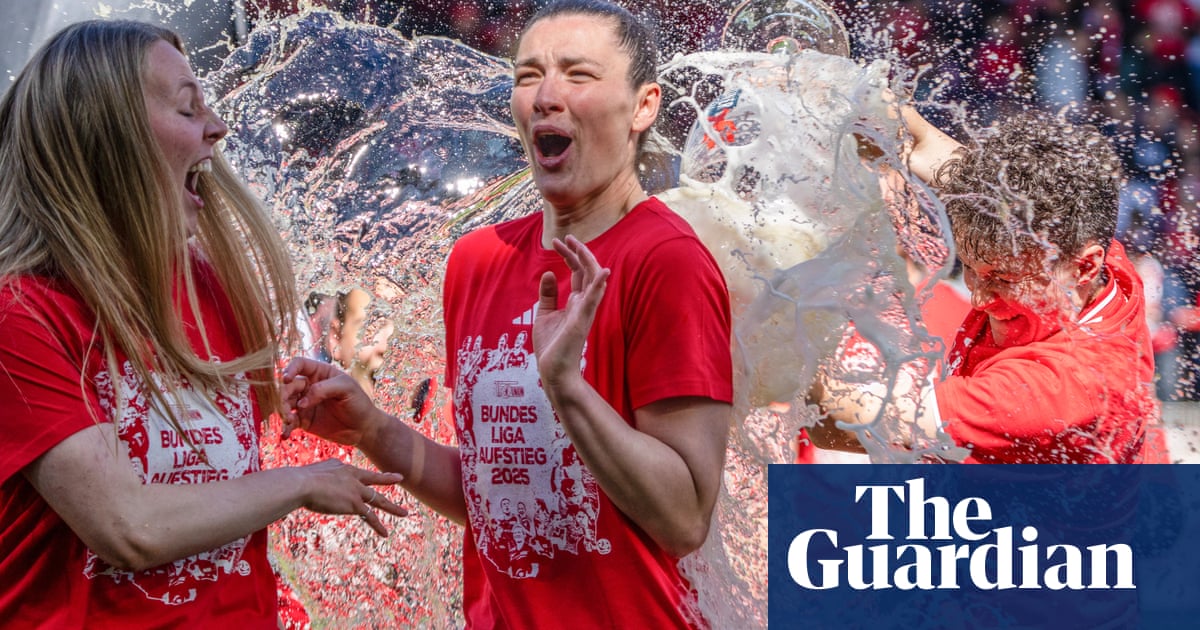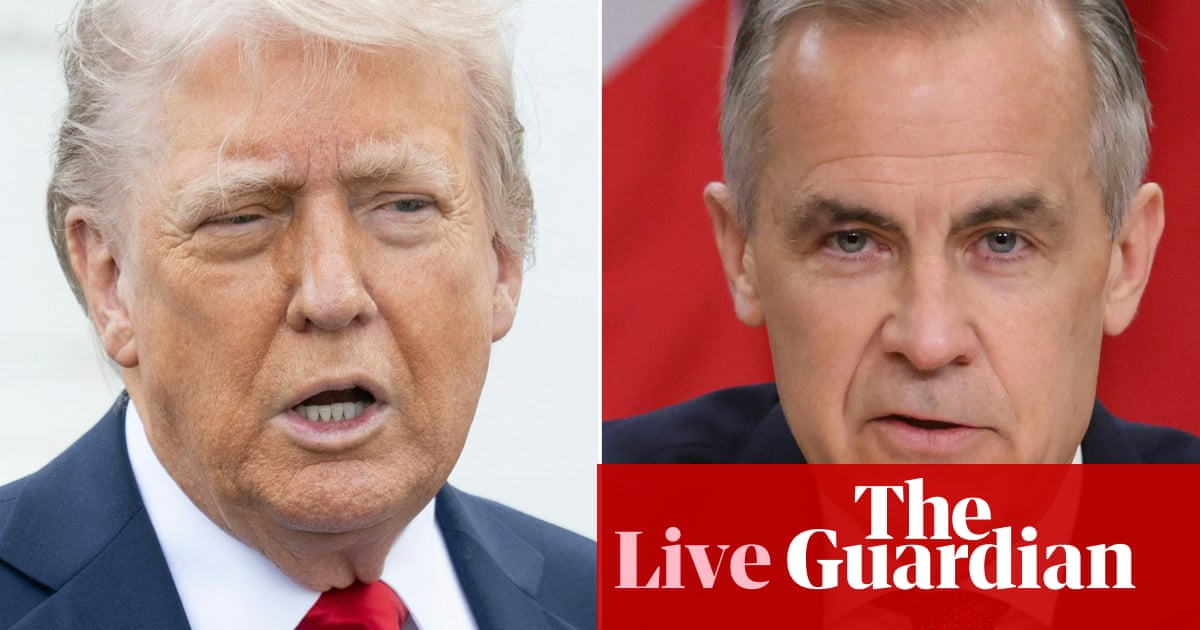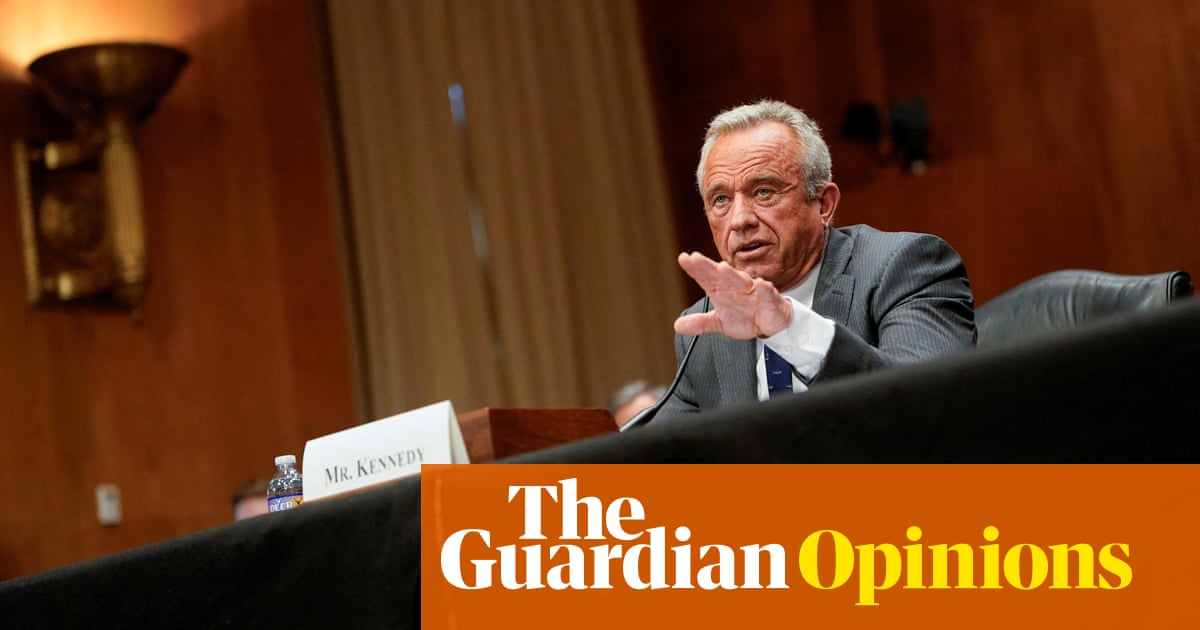On a clear September New York evening in 1981, following a soul crushing loss to John McEnroe in the US Open final for the second consecutive year, Björn Borg disappeared into the night and vanished from the sport. He was only 25. He had accumulated an extraordinary 11 grand slam titles by then, but it left one to wonder how many more championships he could have amassed had he not retired so young. His conqueror that day had a much longer career and played until he was 33. But McEnroe, like Borg, won his last grand slam singles title at 25.
Back in those old days of the first phase of Open tennis (which I’ll date from 1968-1985; most of the top pros didn’t start playing the Australian Open regularly until the mid-1980s), players reached their peaks in their mid-20s and winning majors as one approached 30 was considered unusual.
Consider, when Jimmy Connors, the other figure of that bygone’s era “big three” won Wimbledon and the US Open in 1982 it was roundly applauded as a brilliant end-of-career comeback. Connors played until he was 40. But his last grand slam victory was the 1983 US Open, when he was 31.
For most of the great men’s champions of the last 60 years, their final title in a major was achieved around 30, if not earlier: Rod Laver (31), John Newcombe (31), Arthur Ashe (32), Ivan Lendl (29), Mats Wilander (24), Stefan Edberg (26), Boris Becker (28), Jim Courier (22), Pete Sampras (31), and Andre Agassi (32).
And the pattern holds true for the women as well. For the most prolific champions of the Open era, most women won their final grand slam singles title around the age of 30: Margaret Court notched her last slam at 31, a similar mark to Billie Jean King (31), Chris Evert (32), Martina Navratilova (33), Steffi Graf (29), Monica Seles (32), and Venus Williams (28).
And then there is Serena Williams. Like her Big Three contemporaries in the men’s game, Serena set a new standard for winning after 30. Out of her 23 grand slam singles titles, 10 of those were won after 30 with her final coming at the age of 35 at the 2017 Australian Open. Serena also reached four additional finals after turning 35, her last being at the 2019 US Open just days before her 38th birthday.
There is one clear outlier – Ken Rosewall. The Australian, who straddled both the pre-Open and Open eras, won his final major title at the 1972 Australian Open at the age of 37 – and he is still the oldest winner of a grand slam singles title in the Open era.
All this is to say that what has transpired among Roger Federer, Rafael Nadal and Novak Djokovic over the last seven years is paradigm-shifting. All three won consistently into their mid-30s, while still playing one another frequently.
How has this trio been able to reverse the aging process? For starters, they were (are, in Djokovic’s case) just better than everyone else. Further, athletes’ diet and conditioning regimens are far advanced from the days of McEnroe and Borg. And no tennis player, man or woman, has been as obsessed with maintaining his fitness level as Djokovic; from utilizing hyperbaric chambers to his gluten-free diet, Djokovic’s strict routines have allowed him to thrive into his fourth decade. And this type of commitment has been seen across other sports and activities – from Tom Brady winning Super Bowls in his 40s to Phil Mickelson winning a major at 50 to Mick Jagger still projecting maximum physical energy on stage at the age of 80.
There’s no question that tennis is a far more physical sport than it was a decade or two ago. As the serve-and-volley style nears extinction, there are more grueling, all-court points on all surfaces and most players now routinely slide even on hard courts. This makes it that much more amazing that an extra-physical player like Nadal was able to win a major at 36. Which is why, no matter what advances we’ll continue to witness in sports science and nutrition, the mid-late 30s age may be a wall that’s impossible to overcome.
Federer won four majors after the age of 30, his final triumph coming at the 2018 Australian Open at 36. Federer also came heartbreakingly close to winning Wimbledon in 2019 when he was nearly 38, but he couldn’t convert either of two match points on his serve. Nadal upped the ante by winning an amazing eight slams after turning 30, with his last coming at the 2022 French Open at the age of 36.
And now tennis fans are witnessing what are surely the final stages – days, months, maybe a year? – of Djokovic’s brilliant career. The Serb has claimed an almost unbelievable 12 grand slam titles since turning 30. But his last came at the 2023 US Open when he was … 36.
This establishes a wonderful – and somehow perfect – symmetry for Federer, Nadal and Djokovic. Forever linked with playing some of the most incandescent tennis the sport has ever witnessed while competing against each other, for the three to all finish their Slam dominance at 36 is fitting … unless, of course, Djokovic does something about it.
Djokovic has acknowledged his struggles over the last year and he admits that he’s not used to being in the position of having difficulty winning consecutive matches. Although he does not believe he is done quite yet.
after newsletter promotion
“Tennis is a sport where it’s necessary to nurture that mentality of, ‘It’s never enough’. Because once it’s enough, then it’s really enough and you have to put the racket aside,” he told Business Traveler this month. “And … I still don’t feel it’s enough for me.”
From this journalist’s perspective it is highly doubtful that Novak can win another major. Having just pulled out of the crucial French Open tune-up event in Rome, Djokovic will head into Roland Garros with a paucity of clay court preparation. What makes matters worse is that his world rankings has dropped to No 6, putting him in the unenviable position of potentially having to play both Carlos Alcaraz and Jannik Sinner in Paris. The long, grueling red dirt battles would be a huge physical and mental burden.
Wimbledon is where Djokovic has the best chance to triumph. With the shorter points and being able to utilize his still-underrated stellar serve, Djokovic is most likely already planning to put in the fullest grass court prep possible and is probably doesn’t expect to get much out of Roland Garros.
There is a general consensus among the most astute followers of the sport that Djokovic will have to pull out a near miracle to win other grand slam title. But there are those who firmly believe he can. Steve Flink, one of only seven journalists enshrined in the International Tennis Hall of Fame, is among them.
“While I understand why the skeptics are convinced that Djokovic as he closes in on the age of 38 is not going to win another major, I disagree,” Flink told me. “His sole purpose in continuing to compete after realizing all of his goals is to add another grand slam title to his collection, to garner No 25. He was not far away in Australia after beating Carlos Alcaraz to reach the semi-finals but his hamstring issue caused him to retire against Zverev. No doubt he has slumped since then and week in and week out he lacks his customary motivation but he will be primed for the three remaining grand slam tournaments this season. Djokovic has won two of the past four French Opens. He has been in every Wimbledon final since 2018 and has won the title there seven times. And he has taken the US Open title four times, appearing in 10 finals in New York.
“Last year many were doubting him after he was beaten soundly by Alcaraz in the Wimbledon final but he turned the tables … to win the Olympic gold medal in Paris. He often thrives when people are doubting him the most.”
One thing is certain – the more Djokovic hears about that he’s finished or that he should walk away before it gets really ugly out there, the more he is motivated. It’s a stance that Djokovic has perfected, having always been in the position of not being as openly loved as Federer and Nadal.
But if Djokovic doesn’t win another Slam it’ll just mean that the Big Three will be forever linked with winning their last at 36, yet another tie that binds the trio for eternity.

.png) 5 hours ago
3
5 hours ago
3
